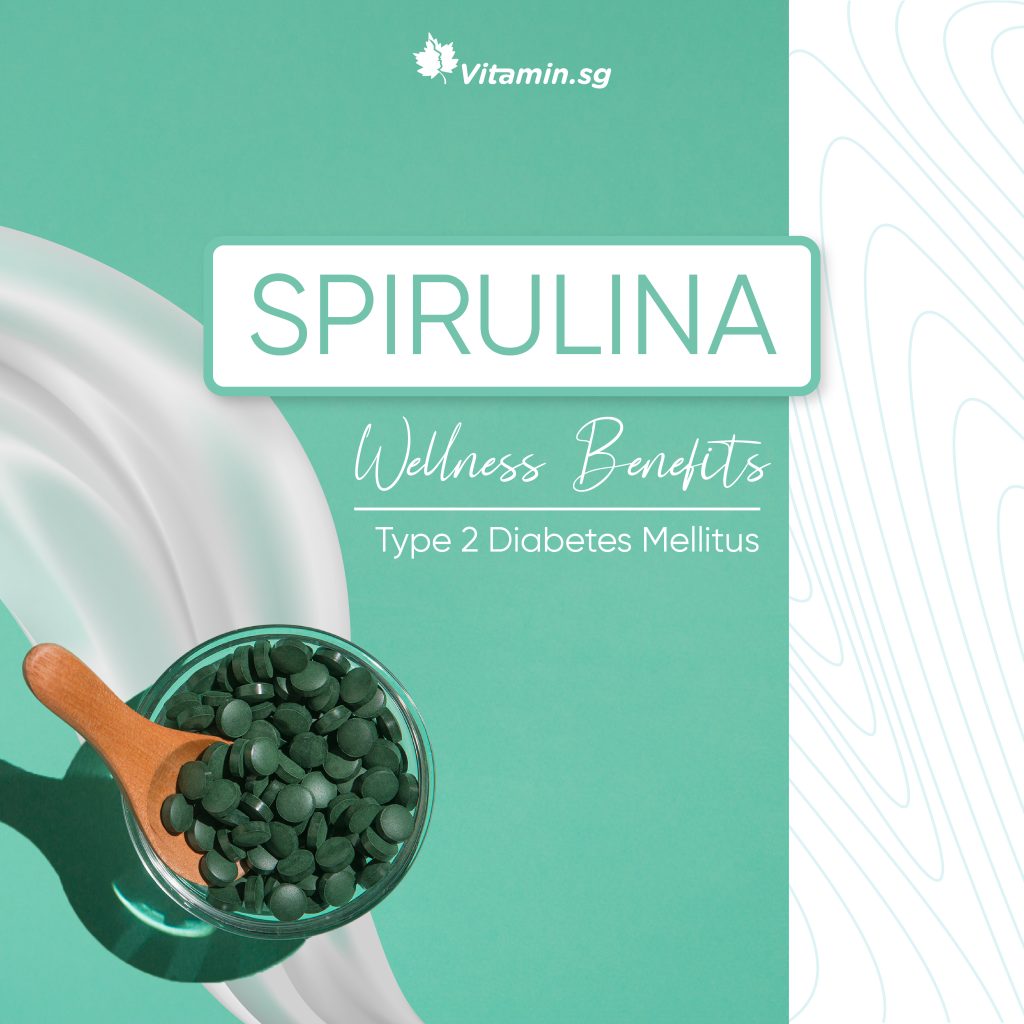Home / Health Blog / Vitamin-Packed Seaweed
A staple in Asian diets since ancient times, seaweeds are high in nutrients and pack a variety of health benefits. Seaweeds are one of the richest sources of minerals in the vegetable world! They are also almost fat-free, very low in calories, packed with calcium, protein, carbohydrates, phosphorous, magnesium, iron, iodine, and sodium, and vitamins A, B1, C, and E.
KOMBU seaweed is brown in color, comes in long, thick strips and typically grow in deep, cold waters. They are commonly used by the Japanese for making dashi, or soup stock, where the kombu is used only to flavour the stock, and then discarded. However, when cooked till soft, they make delicious dishes as well. It is packed with nutrients such as alginate, calcium, carotene, chromium, fucoidan, germanium, iodine, iron, laminarin, magnesium, mannitol, phosphorous, phytohormones, potassium, protein, sodium, and vitamins A, C, D, E, K.
WAKAME seaweed is often added to soups like miso and stews in Japan. It is not only extremely high in nutritional value but is also extremely low in calorie and minimal in fat (only contains about five calories per serving and helps to burn fat).
<Photo Credit: babyzone.com>


